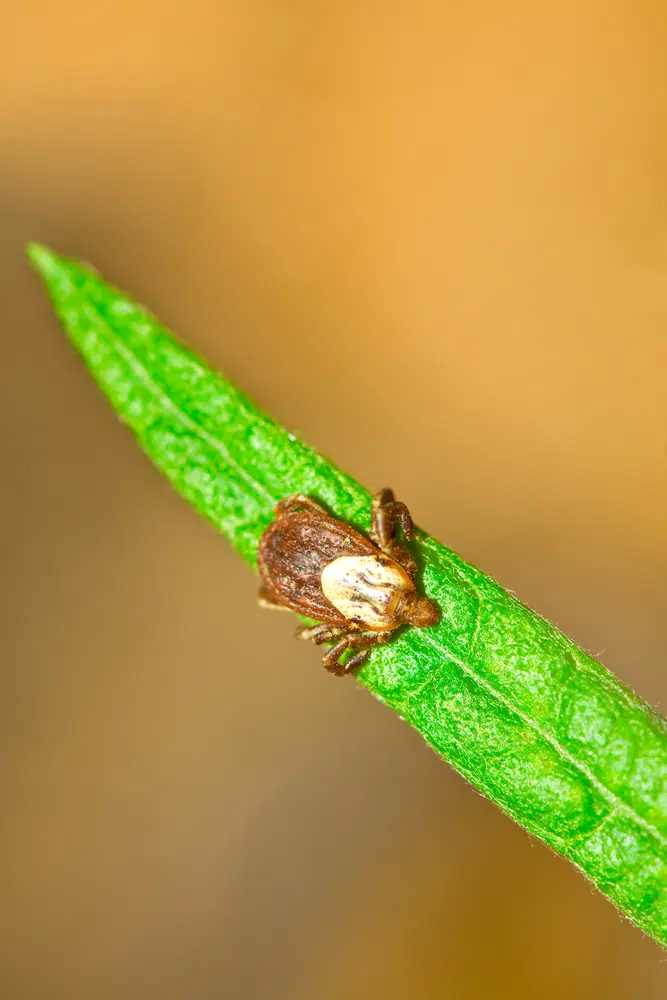
Guide to Different Tick Species
August 23, 2022

Spending time outdoors offers numerous benefits for the mind, body, and community. From reducing stress to increasing focus to improving your attitude toward your neighbors, countless studies have proven the positive effects of time spent in nature. However, there are a few safety tips to remember when you’re going outside, and it is always important […]






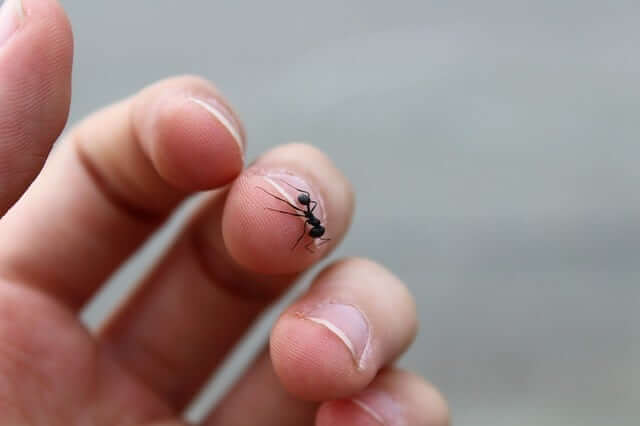


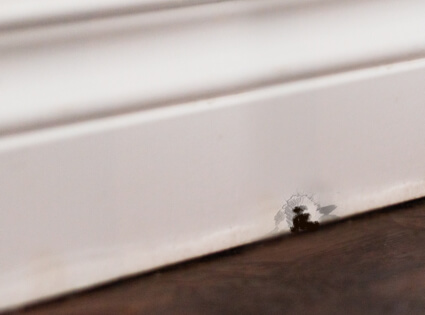
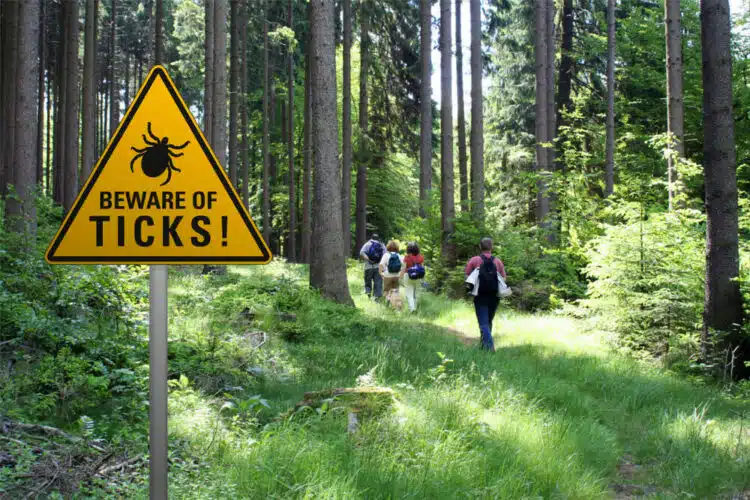

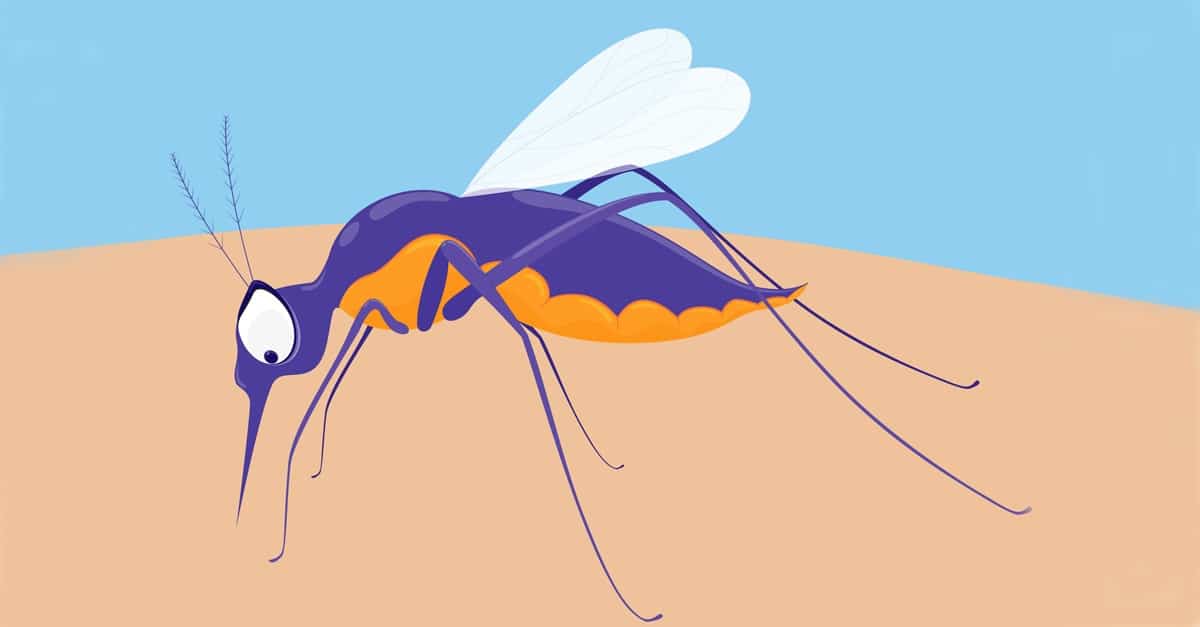



 day
day